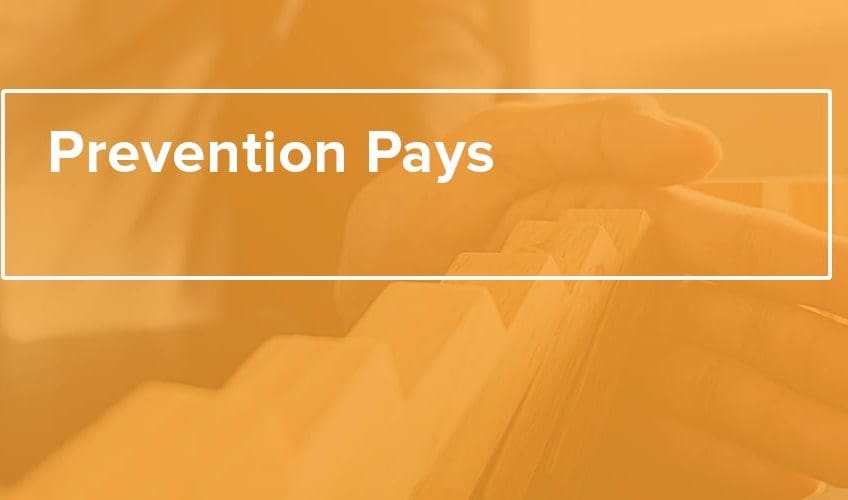Our psychologist talks about new stats on mental health programs in the workplace.
Our team at Revive Wellness is very committed to helping Albertans live happier, healthier lives. One of the ways we attempt to achieve this is by working with companies that employ Albertans. More specifically, we offer them access to My Viva Plan, the digital program we use to support our clients between sessions with our clinical team.
One issue that comes up in initial meetings is that many executives have a specific question they would like answered before adopting our innovative technology as a part of their employee wellness offerings: “for every dollar we spend on this, how much do we get back?”
Of course, that’s a tough one to answer because prevention is hard to quantify, particularly in the short term. For this reason, I was very pleased to see CBC’s article, which is based off some interesting research by Deloitte, one of the largest business services firms in the world.
In their analysis, Deloitte found that “for every $1 invested in workplace mental health, the median yearly return was $1.62, a figure that rises to $2.18 for programs that have been in place for three years or more.”
So prevention actually pays? Imagine that!
I attended a conference in Edmonton a few weeks ago that was put on by Alberta Blue Cross about employee wellness programs in the workplace. One of the speakers at the conference said, basically, the following (I am paraphrasing my notes here):
Sex, drugs, a crappy boss, money, caregiving, sleeplessness, and a troubled marriage – these are what employees are concerned about, but how many workplace wellness programs talk about this? Standard Employee Assistance Programs (EAPs) talk about getting your steps in. But should we focus on the foundational things first, and then worry about getting our steps in for the day? See, employees ignore EAP programs because they offer fluff.
Imagine how much difference it would make to an employee’s well-being AND a company’s bottom line if corporate wellness programs offered meaningful help with other stuff – the crappy relationship with your boss, flexible work hours for employees going through a difficult divorce or caring for an elderly parent?
Well, even if we have more ground to cover, I am happy to see companies like Deloitte publishing analyses linking employee wellness to a company’s financial health. This kind of effort is long overdue in a world that has a bizarre fixation with numbers (well, dollars) as the deciding factors guiding how humans relate to each other.
Consider sharing the CBC’s article with your boss or HR department. If success is truly a series of small victories, Deloitte’s analysis should not be overlooked.
Faye Gosnell, M.C., R Psych
Revive Wellness |My Viva Plan

